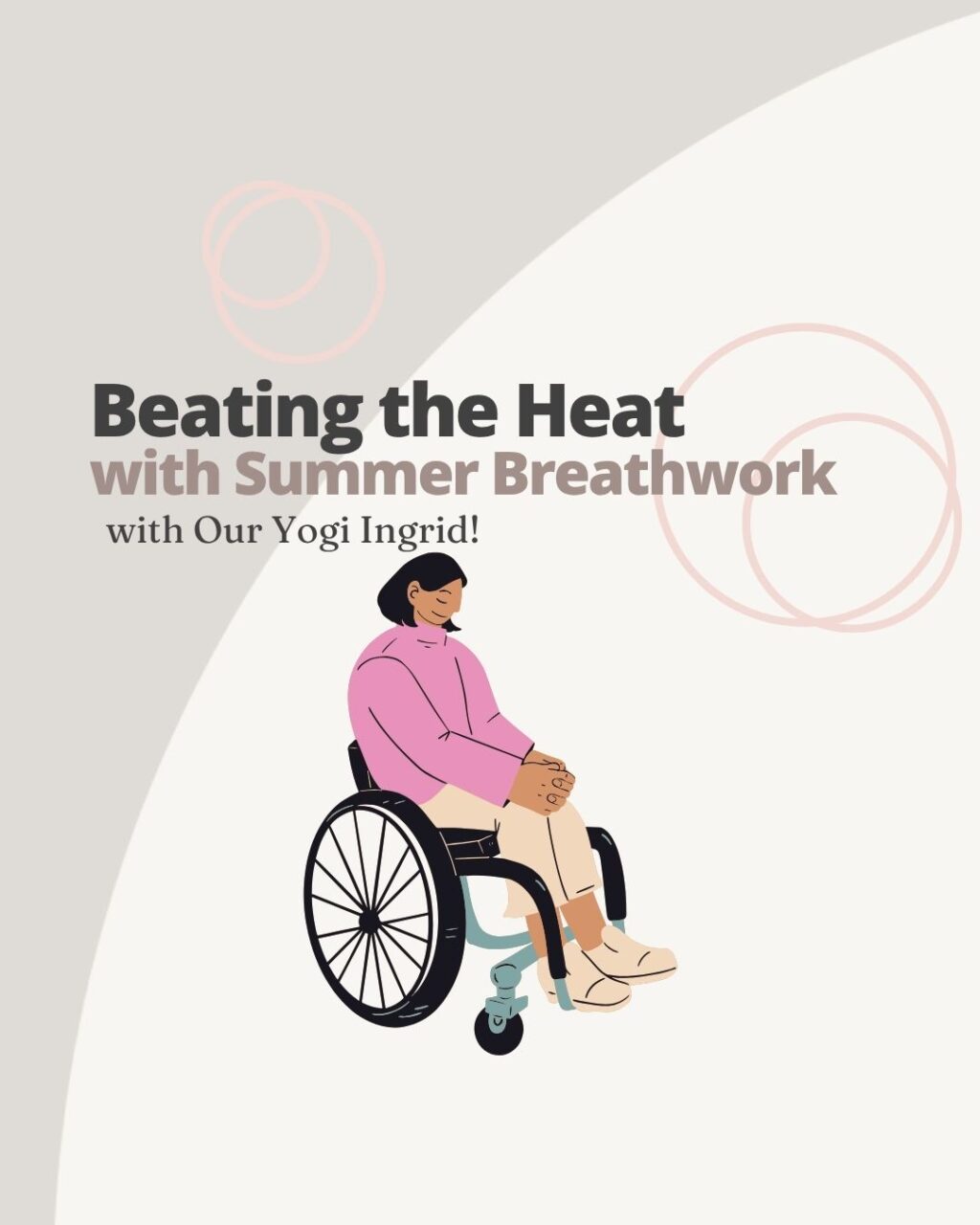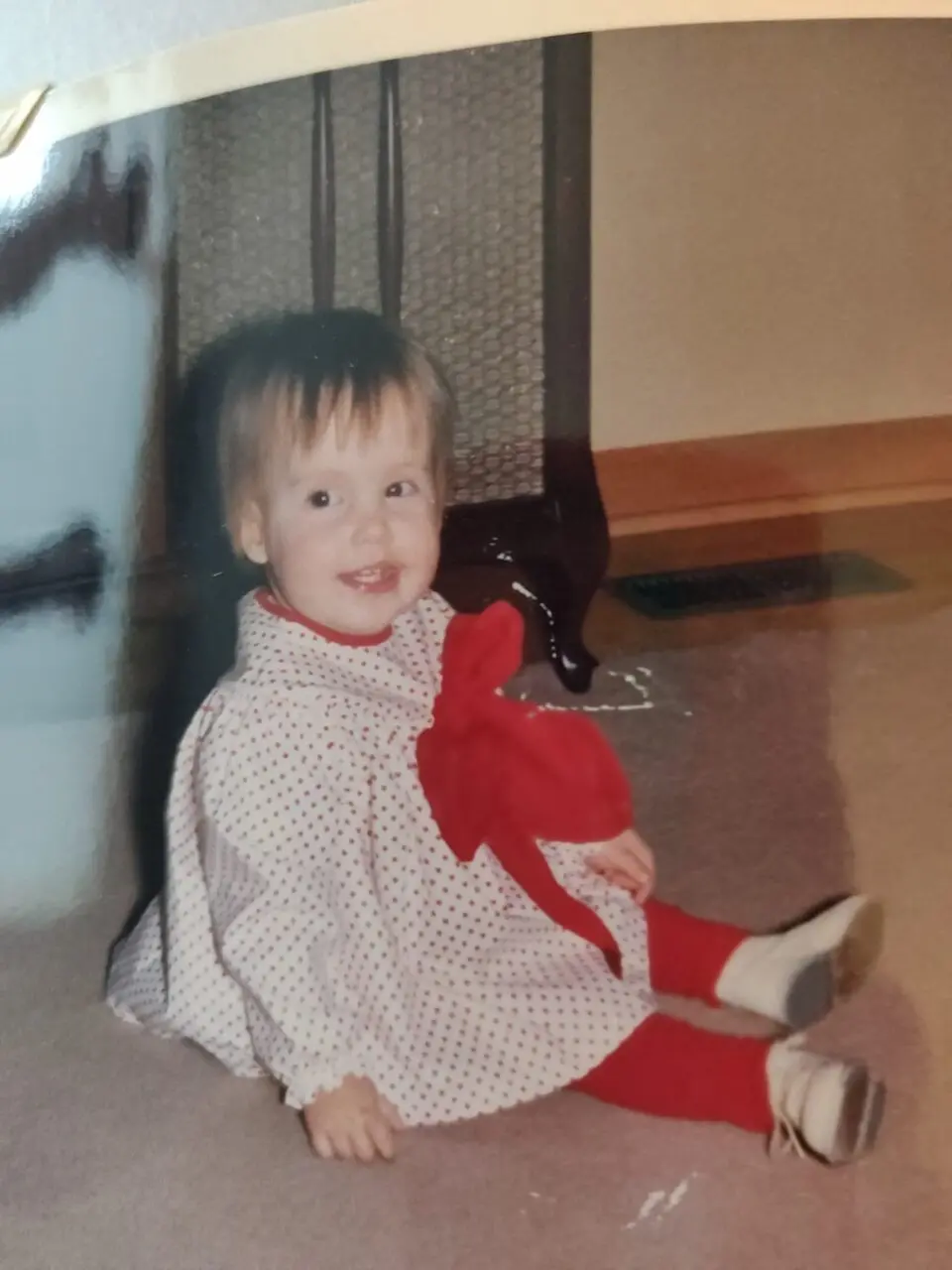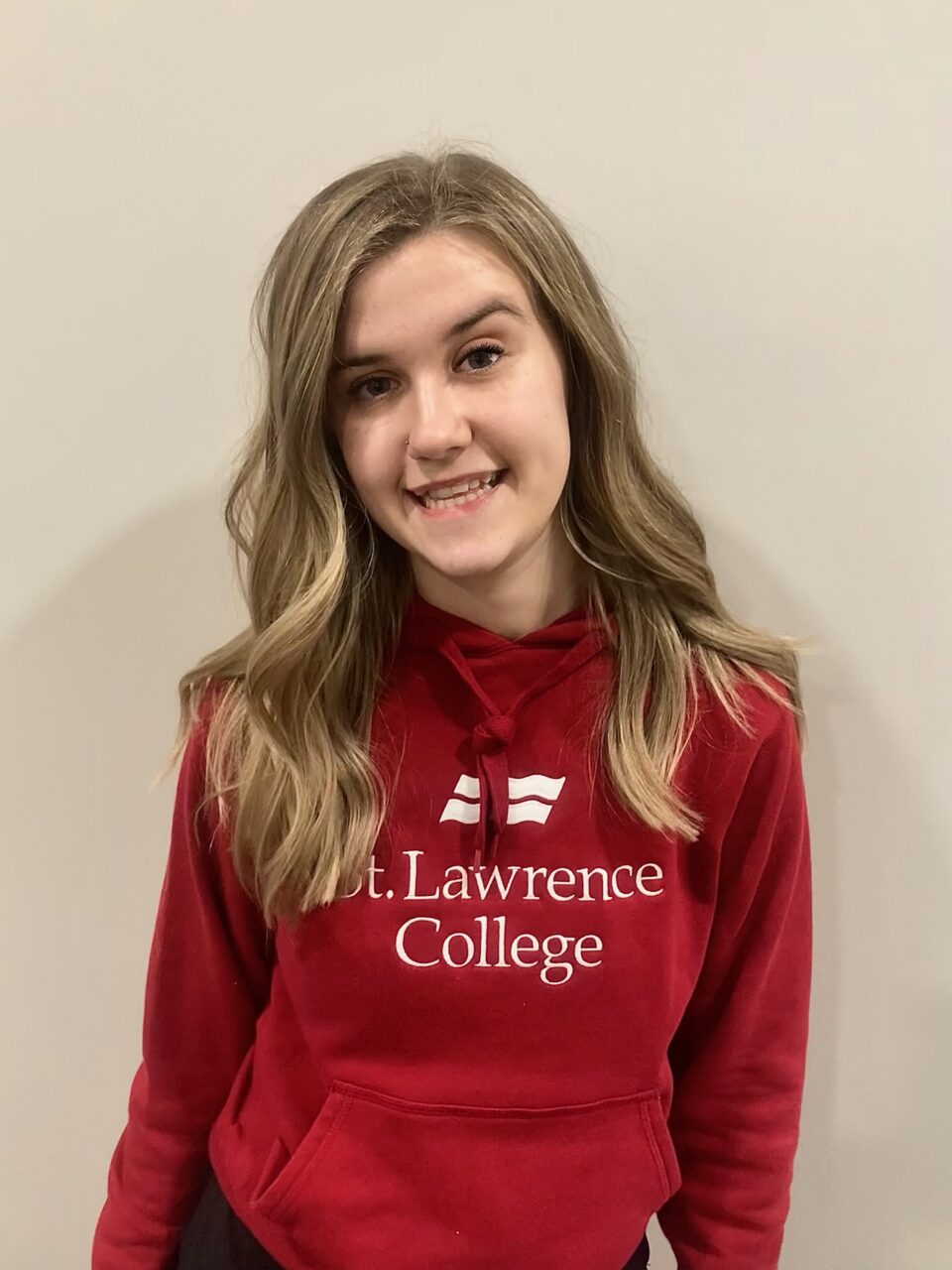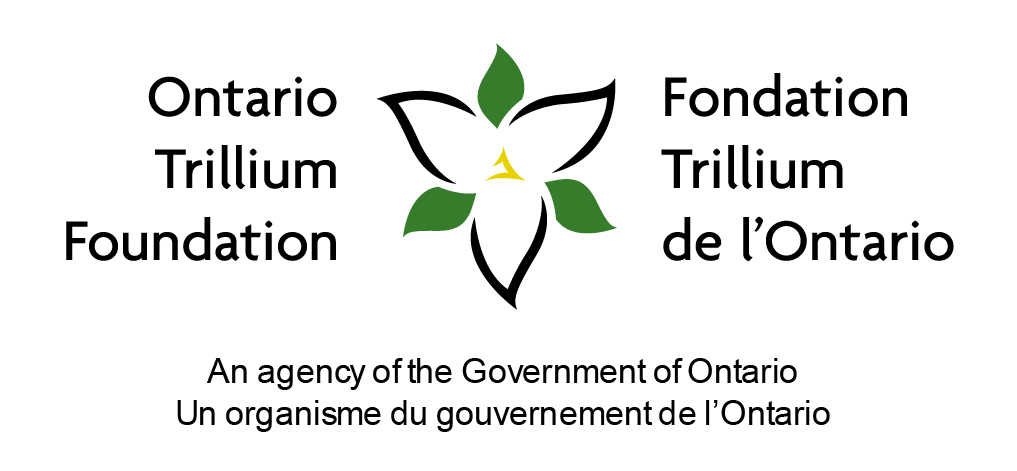By: Mary Dufton
Ghofran Alyass’ experience of being born with spina bifida and hydrocephalus might seem familiar to most of us – the many surgeries and hospitalizations; time spent away from our family and friends for our recovery – but her story is unique in many ways.

Ghofran was born in Iraq on January 13, 1996, and Arabic is her first language. People with disabilities were not visible in her country and there were no mobility or assistive devices available to accommodate her. She did not have a wheelchair, so her parents either carried her or used a stroller.
Few doctors were familiar with her condition, let alone available or willing to perform the surgery to close her back. She was not expected to live more than one day. After ten years of endless searches, her family found a surgical team for this critical operation in the United States. When she recovered, her family immigrated to Canada. The political situation in Iraq made it unsafe, plus she needed medical specialists familiar with her condition. Most of all, Ghofran wanted an education.
Ghofran’s family never gave up their search for a doctor and took charge of her medical care in the meantime. Her mother sewed rolls of gauze together, forming a thick pad to keep the wound from becoming infected and washed and sterilized the pad regularly. Keeping the wound clean and dry was often a challenge, as her siblings who played on the floor with her would sometimes accidentally bump into it. As no schools could accommodate Ghofran, she was homeschooled by her mother, while her siblings attended school.
Everything changed for Ghofran at the age of 10, when her great-uncle shared some very good news with her and her parents. He heard of a group of volunteer doctors and lawyers who were helping the citizens of nearby Diyala with their medical needs. He urged her parents to take her for an assessment. Not only did the doctors provide options for better wound care, but they also reached out to doctors in the United States to arrange for the surgery.
Her parents travelled to Jordan for a US visa. Her mother stayed back because she was not given the visa to travel, so Ghofran travelled with her father to Tennessee for the surgery. About a month later, her mother came to stay, which was a great comfort to Ghofran. The prospect of surgery was frightening for Ghofran, with no guarantee of success, as it had been delayed for so long. Initially, Ghofran did not speak or understand English. Thankfully, her parents could.
The surgery to close Ghofran’s back was a success, but complications set in, leading to more surgery and she was hospitalized for three months. It was during that time that she learned to speak English. When she recovered, she learned to use a wheelchair and gained a new sense of freedom because her parents no longer had to carry her around. When Ghofran was fully recovered, in October of 2006, Ghofran and her parents immigrated to Canada, settling in Toronto.
The settlement process for Ghofran and her parents was particularly arduous and bureaucratic because of Ghofran’s disability. “My parents had to take me too many doctors, for more documentation to prepare, while the immigration staff hesitated on my suitability to become a Canadian and live free from the harms of a war-torn country. My siblings did not come to Canada until a year later, staying with extended family until the immigration process was finalized.
It was through the immigration and settlement process that Ghofran was motivated to pursue her field of study. “In the settlement process, I was given support, but my disability needs were often ignored because they weren’t understood. The barriers were long and hard.
“I took disability studies to because I felt I needed to learn more about being disabled and I wanted to feel less alone. In studying social justice, I was reminded of the barriers I faced in seeking an education, being told many times that I could not go to college. I could relate to others who faced similar challenges.”
It was not until Ghofran was 11 years old, and her surgery healed, that she began school in Toronto. She excelled in school, jumping three grades in one year, finishing elementary school in four years.
In the summer, she toured her high school and attended it in September. All went well, until her family moved houses and she had to start another school, which had entirely different teaching methods. She persevered, determined to finish high school with her peers. She needed to improve her English grade, and meet the program requirements for college, she took night classes.
Thankfully, a guidance counsellor at the school informed her of a continuing education program called pre-community services. She only needed a Grade 12 English credit to enroll, offering an introduction to social services fields and an opportunity to complete college level English. She adjusted her college application and enrolled.
Ghofran is grateful to one college professor, Will Edwards, who believed in her. He did not focus on her disability; instead, he showed her that the sky was the limit. One person changed everything for her. Although she started school when she came to Canada, she was not expected to pursue further studies, according to her teachers. However, Ghofran proved them wrong and was determined not only to succeed, but also to help others with disabilities who faced similar barriers.
She now has a college diploma in community services, an honors degree in critical disability studies and a master’s degree in social justice education. She has also started a non-profit organization, “Beyond Abilities”, which provides virtual learning programs for youth and adults with disabilities.
In terms of managing her spina bifida and hydrocephalus, Ghofran has had many bladder infections and kidney stones. She uses a wheelchair for mobility. She does not have a shunt for her hydrocephalus but wears glasses to correct her vision. A neurologist monitors her annually.
Ghofran sees her future as being bright. She is a big picture thinker, believing that everyone has challenges but that they must look past them. Lived experience of disability has taught her more than her education has. She knows the importance of staying positive. Among her friends with disabilities and those without, Ghofran is the “go to person” whenever someone needs support or just to talk. Before she started school, she only had her family to lean on. Now she has a whole community of support.
She lives her life on her own terms, does not let anyone set limits on her, and offers the following words of wisdom for anyone with a disability, “You can live the life you want. Despite your challenges, you are still you. There is a life for you out there. Do not give up.”
To order Ghofran’s book visit amazon.ca. Visit her website at: beyondabilities.ca .





